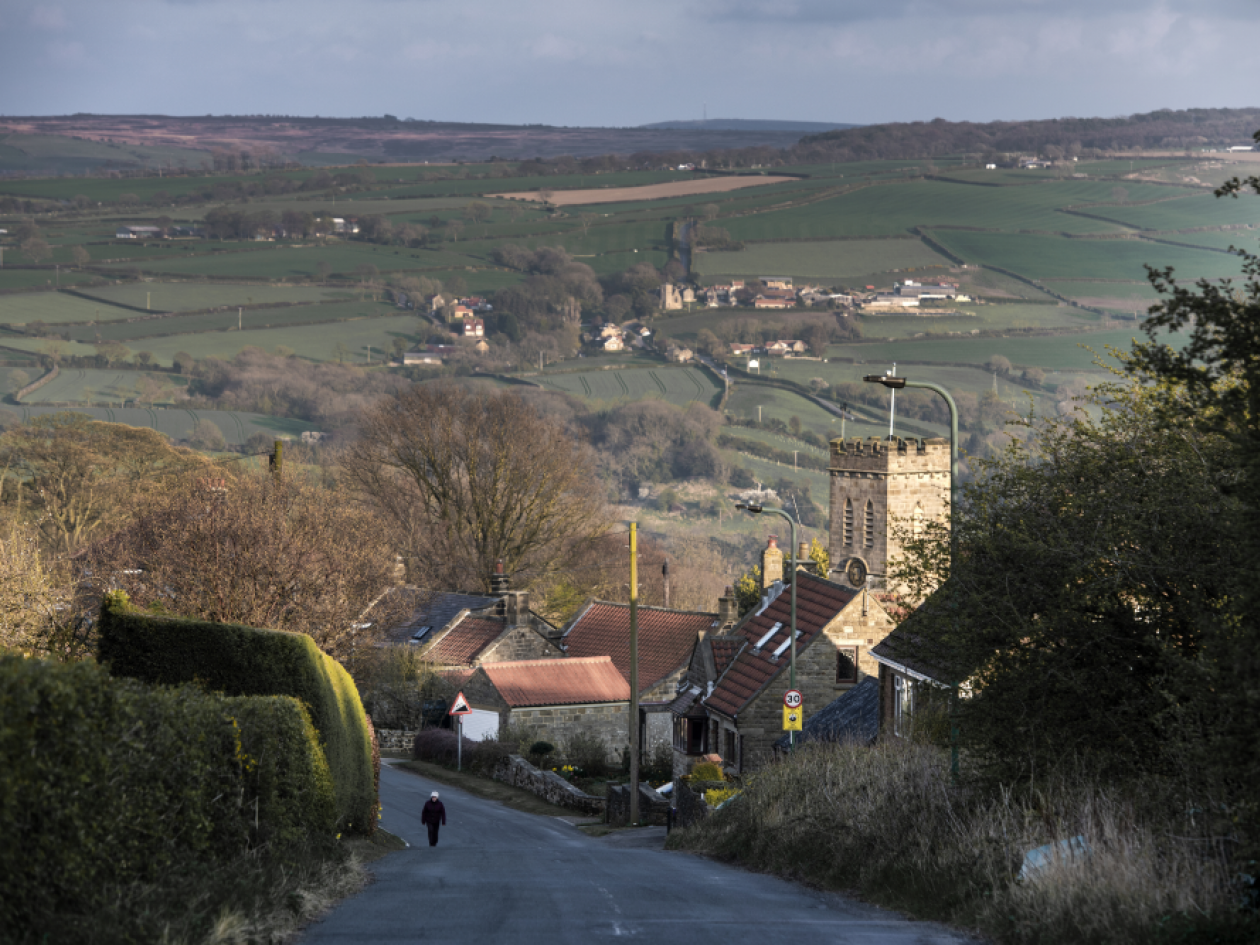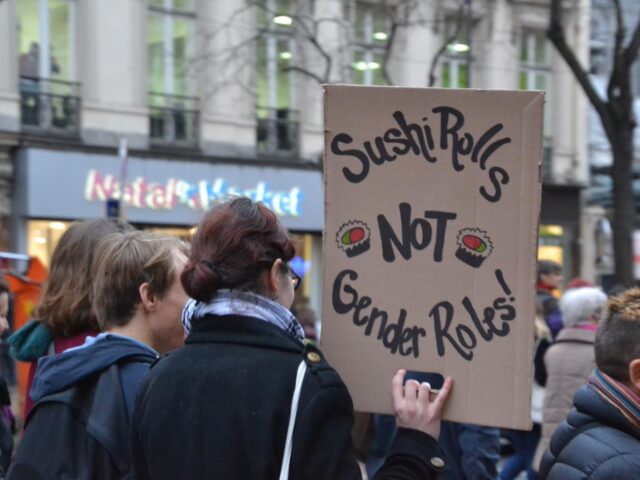Every thirty years or so, said James Callaghan, there is a sea change in British politics. In 1979, when Callaghan said those words, that sea change was for liberty. The Thatcher revolution that followed ushered in an era in which freedom, choice and autonomy ruled supreme. But a little over forty years later, a new wave seems to be crashing over our politics: the demand for community and belonging.
I believe a desire for rootedness is slowly permeating every aspect of British politics. In our work, we have found that just over 7 in 10 people believe that community has declined in their lifetime and two thirds (65%) would prefer a “society that focuses on giving people more security” rather than one that “focuses on giving people more freedom” (35%). This is true of all age groups, ethnicities and voter groups.
The realignment of the British electorate – including the fall of the Red Wall and the decision to leave the EU – is part of this trend, as is the Government’s aim to ‘level up’ regional growth. And what was the visceral reaction to the European Super League if not a cry for greater care to be paid to the importance of clubs to their communities and local fans? Place and belonging matter. Too often they have been ignored.
Social Fabric Index
But what is driving this demand for belonging? Last year, Onward launched a major research programme, Repairing our Social Fabric, to develop a more nuanced understanding of what was happening to the networks and institutions that make up local communities, and to develop practical policies to respond to the fraying of community. Our Social Fabric Index, launched in November, brought together a range of evidence to examine social fabric across six threads: civic institutions, social relationships, positive norms and behaviours, physical infrastructure and economic value over time and in different parts of the United Kingdom.
Our central conclusion is that the United Kingdom has experienced a broad-based and long-term decline in the networks and institutions that make up the fabric of local communities.
Data and findings
Using data from Understanding Society and elsewhere, we established that the share of people who are members of a group of some kind in 2017, has fallen around 10 percentage points since 1991 to fewer than half (48%) of people today. Meanwhile, families spend less quality time together, with the share of parents engaging in activities or outings with their children several times a week falling from 36% in 2011 to 29% in 2017, and the share doing so fewer than once a month rising from 34% to 40% over the same period. The number of people living alone has risen from 5% in 1911 to 31% in 2011.
Other statistics are more familiar but compound a picture of rising alienation. Church attendance has more than halved, from 6.4 million in 1980 to 3.1 million in 2015, with fewer than one in twenty people in England now attending a service weekly. The average individual contribution to charity has fallen from £1 in every £100 earned each year in 2007-08 to 73 pence in 2017-18. The number of pubs has fallen by more than a quarter (26%) since 2001, while the number of post offices is down 28% since 2005.
Regional differences
Most worryingly of all, we found that social fabric has frayed more quickly in certain places. While sections of London’s commuter belt, the South of England and more prosperous parts of Scotland combine high levels of physical infrastructure and economic value with enduring civic institutions and economic value, communities in other parts of the UK are more threadbare. In particular, coastal areas, city suburbs and large towns in the East of England, South Wales, and along the M62 suffer from weaker social relationships and more fragile civic institutions, alongside less developed economies.
Electoral volatility
This matters for two reasons. First, and most immediately, there is a clear relationship between the political volatility of recent elections and Britain’s fraying social fabric. Among the top decile of local authorities by social fabric, 44% of people voted to leave the EU, compared to more than 62% in the decile where the social fabric is most frayed. Local authorities in ‘Red Wall’ constituencies score 9% lower on average than the UK average, and 13% lower than the average Conservative constituency.
This aligns with other research showing that in deprived areas of England, support for UKIP was statistically higher in places that had recently lost a community pub, and that Gilet Jaunes protests in France were more likely to break out in towns which had lost their last convenience store.
Social capital
It also matters because a growing body of research associates social capital with prosperity and human happiness. We know that places with more pubs have on average higher rates of patenting; that volunteering and neighbourhood cohesion are correlated to lower rates of loneliness; and that regional growth is positively related to bridging social capital. It is not enough to talk about tackling economic inequality or regional disparities in productivity; we also need to take seriously the challenge of social disparities that underpin economic success.
The first waves of this sea change have now broken over British politics and society. But like the shift to liberty in 1979, it may have some time to run. The more we can understand these changes within society, and find new ways to create enduring civic networks and institutions that imbue society with belonging, the better equipped we will be to respond.
Read Onward’s The State of our Social Fabric research
Authors

Will Tanner
Will Tanner is Director of Onward, a think tank producing research on economic and social issues




